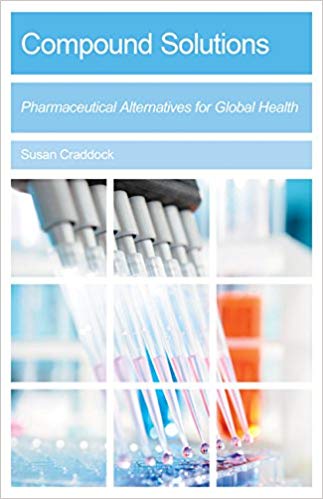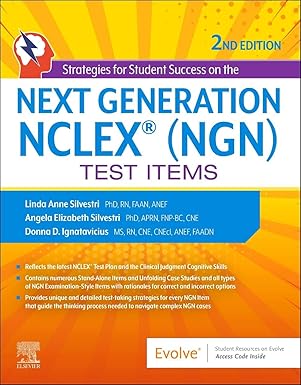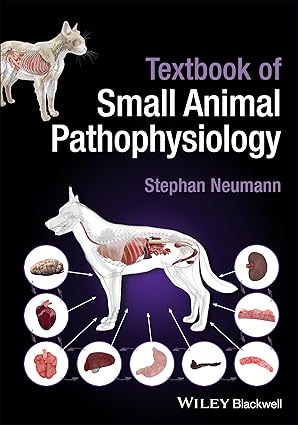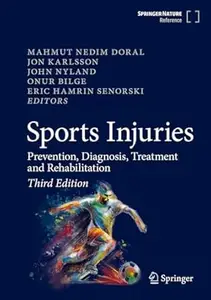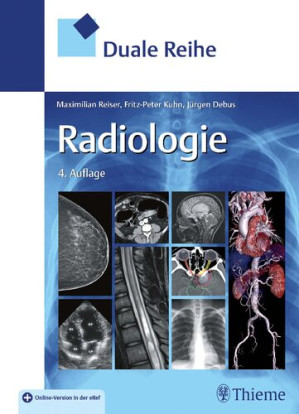Claiming 1.5 million lives in 2015, tuberculosis is the world’s most deadly infectious disease. Because of the population it overwhelmingly affects, however, pharmaceutical companies are uninterested in developing better drugs for the disease. Compound Solutions examines Product Development Partnerships (PDPs), which arose early in the twenty-first century to develop new drugs and vaccines for infectious diseases in low-income countries. Here, for the first time, is a sustained examination of PDPs: the work they do, the partnerships they form, their mission, and their underlying philosophy of addressing global health needs—with implications that extend well beyond tuberculosis.
Focusing on two PDPs for tuberculosis—the Global Alliance for TB Drug Development (TB Alliance) and Aeras (a nonprofit focused on vaccine development)—Susan Craddock argues that PDPs do much more than product development. As innovative sites of humanitarian pharmaceutical production, they are contravening mainstream pharmaceutical production by tying drug and vaccine research to global health needs rather than shareholder demand. In largely untethering the profit incentive from pharmaceutical production, Craddock shows, PDPs exhibit more creative and efficient scientific practices, reshaping regulatory norms and implementing more ethical forms of clinical trials that enhance community engagement and capacity building.
An unparalleled, interdisciplinary analysis of PDPs as politically, socially, scientifically, and economically innovative sites of pharmaceutical production, Compound Solutions is a must for readers in the fields of public health, science and technology studies, and medical social science.
سل در سال 2015 با مرگ 1.5 میلیون نفر، کشنده ترین بیماری عفونی جهان است. با این حال، به دلیل جمعیتی که بر این بیماری تأثیر می گذارد، شرکت های داروسازی علاقه ای به تولید داروهای بهتر برای این بیماری ندارند. راهحلهای مرکب مشارکتهای توسعه محصول (PDP) را بررسی میکند، که در اوایل قرن بیست و یکم برای تولید داروها و واکسنهای جدید برای بیماریهای عفونی در کشورهای کمدرآمد به وجود آمد. در اینجا، برای اولین بار، یک بررسی پایدار از PDP ها وجود دارد: کاری که انجام می دهند، مشارکت هایی که تشکیل می دهند، مأموریت آنها، و فلسفه اساسی آنها برای رسیدگی به نیازهای بهداشت جهانی - با پیامدهایی که فراتر از سل است.
سوزان کرادوک با تمرکز بر دو PDP برای سل - اتحاد جهانی برای توسعه داروهای سل (اتحاد TB) و Aeras (یک سازمان غیرانتفاعی متمرکز بر توسعه واکسن) - استدلال میکند که PDPها بسیار بیشتر از توسعه محصول انجام میدهند. به عنوان سایت های نوآورانه تولید داروی بشردوستانه، آنها با گره زدن تحقیقات دارو و واکسن به نیازهای بهداشت جهانی به جای تقاضای سهامداران، با تولید اصلی دارویی مخالفت می کنند. کرادوک نشان میدهد که در جدا کردن انگیزههای سود حاصل از تولید دارو، PDPها شیوههای علمی خلاقانهتر و کارآمدتری را نشان میدهند، هنجارهای نظارتی را تغییر میدهند و اشکال اخلاقی بیشتری از آزمایشهای بالینی را اجرا میکنند که مشارکت جامعه و ظرفیتسازی را افزایش میدهد.
تحلیل بینرشتهای بینرشتهای PDP بهعنوان سایتهای نوآورانه سیاسی، اجتماعی، علمی و اقتصادی تولید دارو، راهحلهای ترکیبی برای خوانندگان در زمینههای مطالعات بهداشت عمومی، علم و فناوری ضروری است. و علوم اجتماعی پزشکی.
